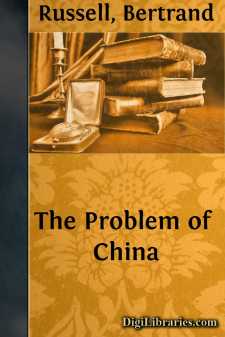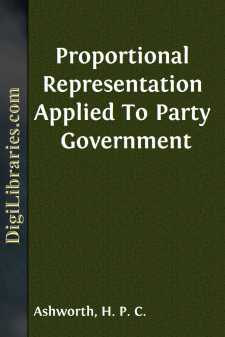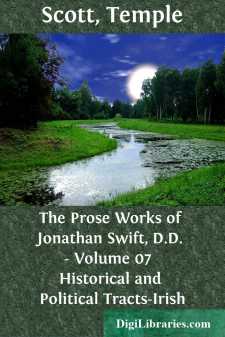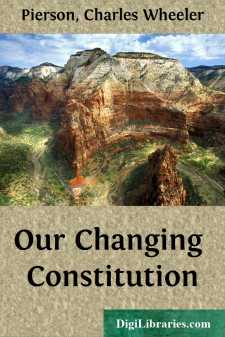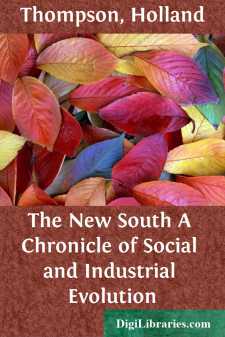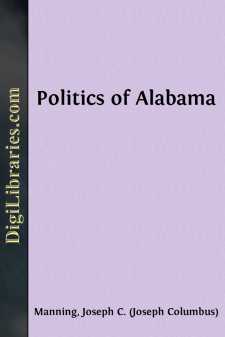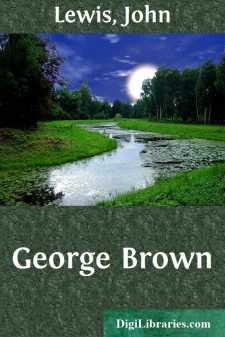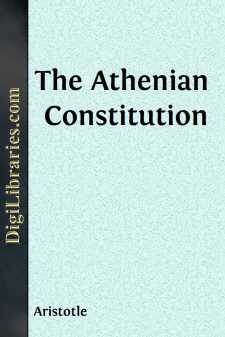Political Science
Political Science Books
Sort by:
[Delivered at the Capitol, in Washington, March 4, 1913.] There has been a change of government. It began two years ago, when the House of Representatives became Democratic by a decisive majority. It has now been completed. The Senate about to assemble will also be Democratic. The offices of President and Vice-President have been put into the hands of Democrats. What does the change mean? That is the...
more...
by:
Bertrand Russell
CHAPTER I QUESTIONS A European lately arrived in China, if he is of a receptive and reflective disposition, finds himself confronted with a number of very puzzling questions, for many of which the problems of Western Europe will not have prepared him. Russian problems, it is true, have important affinities with those of China, but they have also important differences; moreover they are decidedly less...
more...
CHAPTER I. THE TRUE PRINCIPLES OF POLITICAL REPRESENTATION. Old establishments, like the British Constitution, said Edmund Burke, "are not often constructed after any theory; theories are rather drawn from them." In setting out on an endeavour to understand the principles underlying political representation, the saying expresses exactly the course which should be followed. The inquiry is the...
more...
by:
Temple Scott
SOME PRESS OPINIONS "An adequate edition of Swift—the whole of Swift, and nothing but Swift—has long been one of the pressing needs of students of English literature. Mr. Temple Scott, who is preparing the new edition of Swift's Prose Works, has begun well, his first volume is marked by care and knowledge. He has scrupulously collated his texts with the first or the best early editions,...
more...
I THE SALIENT FEATURE OF THE CONSTITUTION Few documents known to history have received as much praise as the United States Constitution. Gladstone called it "the most wonderful work ever struck off at a given time by the brain and purpose of man." The casual reader of the Constitution will be at a loss to account for such adulation. It will seem to him a businesslike document, outlining a...
more...
by:
Woodrow Wilson
I There is one great basic fact which underlies all the questions that are discussed on the political platform at the present moment. That singular fact is that nothing is done in this country as it was done twenty years ago. We are in the presence of a new organization of society. Our life has broken away from the past. The life of America is not the life that it was twenty years ago; it is not the...
more...
by:
Holland Thompson
CHAPTER I THE BACKGROUND The South of today is not the South of 1860 or even of 1865. There is a New South, though not perhaps in the sense usually understood, for no expression has been more often misused in superficial discussion. Men have written as if the phrase indicated a new land and a new civilization, utterly unlike anything that had existed before and involving a sharp break with the history...
more...
CHAPTER I. THE FAMOUS KOLB-JONES GUBERNATORIAL CONTEST. Until recently, embracing the past several months, almost national attention has been centered upon the politics of Alabama. Notice was first attracted by the famous Kolb-Jones gubernatorial contest. This campaign was something novel in the South, for until then, there had not been, for years, any probability of defeat to the organized Democracy...
more...
by:
John Lewis
PREFACE The title of this series, "Makers of Canada," seemed to impose on the writer the obligation to devote special attention to the part played by George Brown in fashioning the institutions of this country. From this point of view the most fruitful years of his life were spent between the time when the Globe was established to advocate responsible government, and the time when the provinces...
more...
by:
Aristotle
Part 1 ...[They were tried] by a court empanelled from among the noble families, and sworn upon the sacrifices. The part of accuser was taken by Myron. They were found guilty of the sacrilege, and their bodies were cast out of their graves and their race banished for evermore. In view of this expiation, Epimenides the Cretan performed a purification of the city. After this event there was contention...
more...



